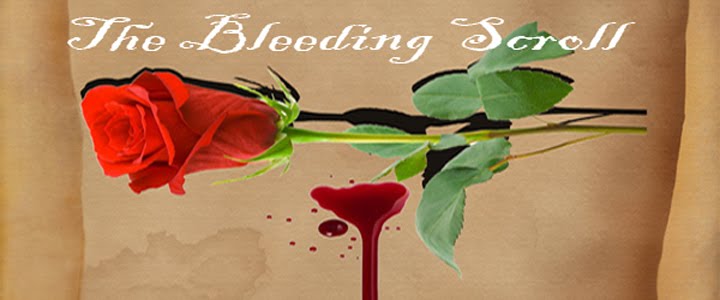There is one little thing each one of us GMs will be judged by. No, it's not how great our stories are, although that's one of the things most affected by this little thing. It's not how cool our NPCs are, although it surely helps. There's one mandatory storytelling tool each one of us should master, or at least come close to mastering it: The art of pacing.
In some games, it's the only thing that matters. In others, it's one of the leading most important things. If you pace your game badly, the game may drag to a halt, or may go too fast for the players to follow it. It may destroy every one-liner if done wrong, and will make every villain totally badass if done right.
Pacing is one of those things, that can turn a good story to a bad one, and vice versa. There's no one way to master it, but there are a few tricks that I use to help me control the pacing, even (and especially) when I'm improvising (which means about half of the time).
Before we delve into it, I must confess something: I usually GM with a soundtrack, and even improvise according to it on other times, so some of the tricks have a connection to it.
During stressful, tense or high speed situations, I have two main tricks in my arsenal. The first one is that I shout a lot. It helps to get the players into the excitement, but also, no player likes to be shouted at. If done correctly, shouting a little at a player will make him/her do things faster to avoid more shouts. Don't misuse it, though, as it can turn pretty much like a boomerang if done wrong or too often.
A second trick, during those situations is counting. I usually give my players about 6 seconds to act during their round. If they take the time and go over the 6 seconds, they miss they're turn. "Too bad, but your character didn't hold to the pace of everything". They have 6 seconds to decide what they want to do, then afterwards they roll and give the final modified number, but the 6 seconds for deciding are what important. It is of course accompanied by a shout from me about what happened based on what the player rolled. If I want to make things even tenser, I might count on my fingers. When their eyes catch the time, it forces them to be even quicker on their feet.
When characters/players are too long discussing something, except for of course bringing the battle to them, another nice trick that I found was raising up the volume of the music. To keep hear one another, they had to raise they're speaking volumes to the point of shouting, and no one likes to shout for too long. The discussion dies shortly afterwards.
Another way to get things going fast is to use a fast soundtrack. Humans adapt to music far faster than anyone of us have thought. When the music is fast, so are the speech speed and the thinking speed.
If things move too fast, lowering the volume and speed of speech helps to create a calmer environment. Things seem less harmful and the players have to lean closer to me. Things go naturally must slower this way.
Another way to slow things down is to play soft slow music in the background. As expressed earlier, it does magic on the players.
In conclusion, pace is a very important thing, one of the most important ones actually, and there are a lot of ways to control it. These ones are only a sample of the endless amount of ways existing.

No comments:
Post a Comment